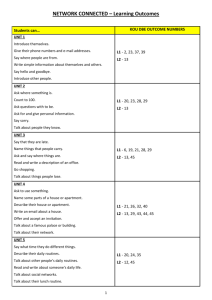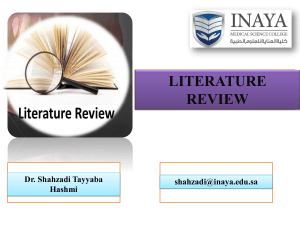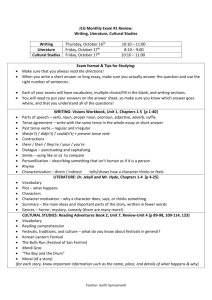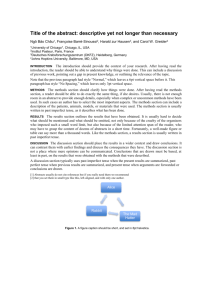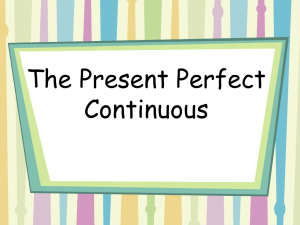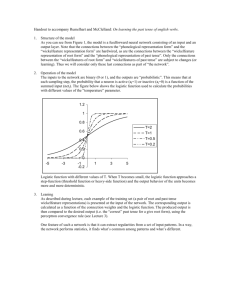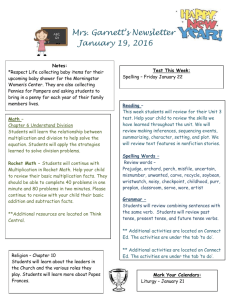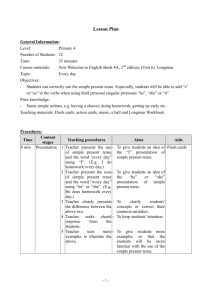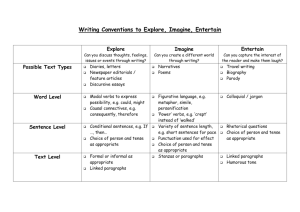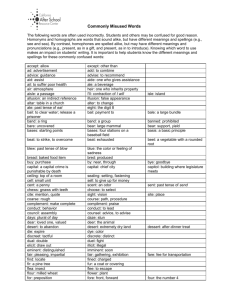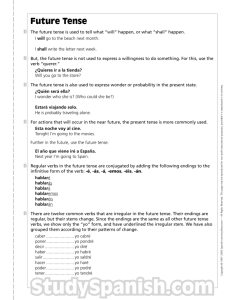Common Writing Problems
advertisement
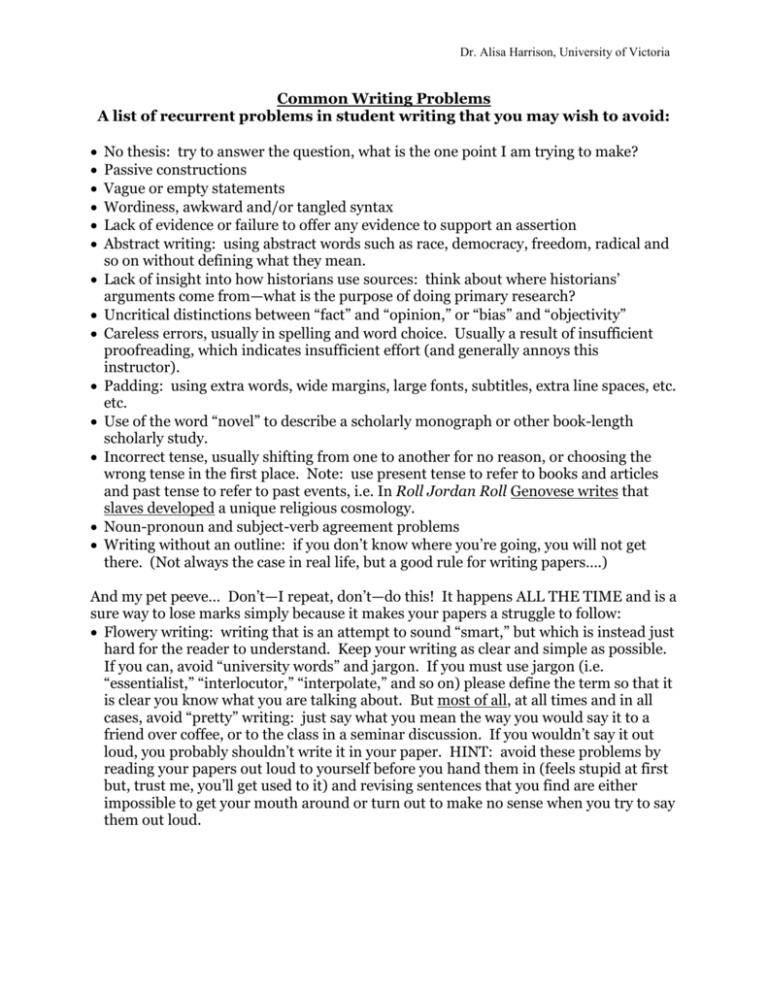
Dr. Alisa Harrison, University of Victoria Common Writing Problems A list of recurrent problems in student writing that you may wish to avoid: No thesis: try to answer the question, what is the one point I am trying to make? Passive constructions Vague or empty statements Wordiness, awkward and/or tangled syntax Lack of evidence or failure to offer any evidence to support an assertion Abstract writing: using abstract words such as race, democracy, freedom, radical and so on without defining what they mean. Lack of insight into how historians use sources: think about where historians’ arguments come from—what is the purpose of doing primary research? Uncritical distinctions between “fact” and “opinion,” or “bias” and “objectivity” Careless errors, usually in spelling and word choice. Usually a result of insufficient proofreading, which indicates insufficient effort (and generally annoys this instructor). Padding: using extra words, wide margins, large fonts, subtitles, extra line spaces, etc. etc. Use of the word “novel” to describe a scholarly monograph or other book-length scholarly study. Incorrect tense, usually shifting from one to another for no reason, or choosing the wrong tense in the first place. Note: use present tense to refer to books and articles and past tense to refer to past events, i.e. In Roll Jordan Roll Genovese writes that slaves developed a unique religious cosmology. Noun-pronoun and subject-verb agreement problems Writing without an outline: if you don’t know where you’re going, you will not get there. (Not always the case in real life, but a good rule for writing papers….) And my pet peeve… Don’t—I repeat, don’t—do this! It happens ALL THE TIME and is a sure way to lose marks simply because it makes your papers a struggle to follow: Flowery writing: writing that is an attempt to sound “smart,” but which is instead just hard for the reader to understand. Keep your writing as clear and simple as possible. If you can, avoid “university words” and jargon. If you must use jargon (i.e. “essentialist,” “interlocutor,” “interpolate,” and so on) please define the term so that it is clear you know what you are talking about. But most of all, at all times and in all cases, avoid “pretty” writing: just say what you mean the way you would say it to a friend over coffee, or to the class in a seminar discussion. If you wouldn’t say it out loud, you probably shouldn’t write it in your paper. HINT: avoid these problems by reading your papers out loud to yourself before you hand them in (feels stupid at first but, trust me, you’ll get used to it) and revising sentences that you find are either impossible to get your mouth around or turn out to make no sense when you try to say them out loud.
